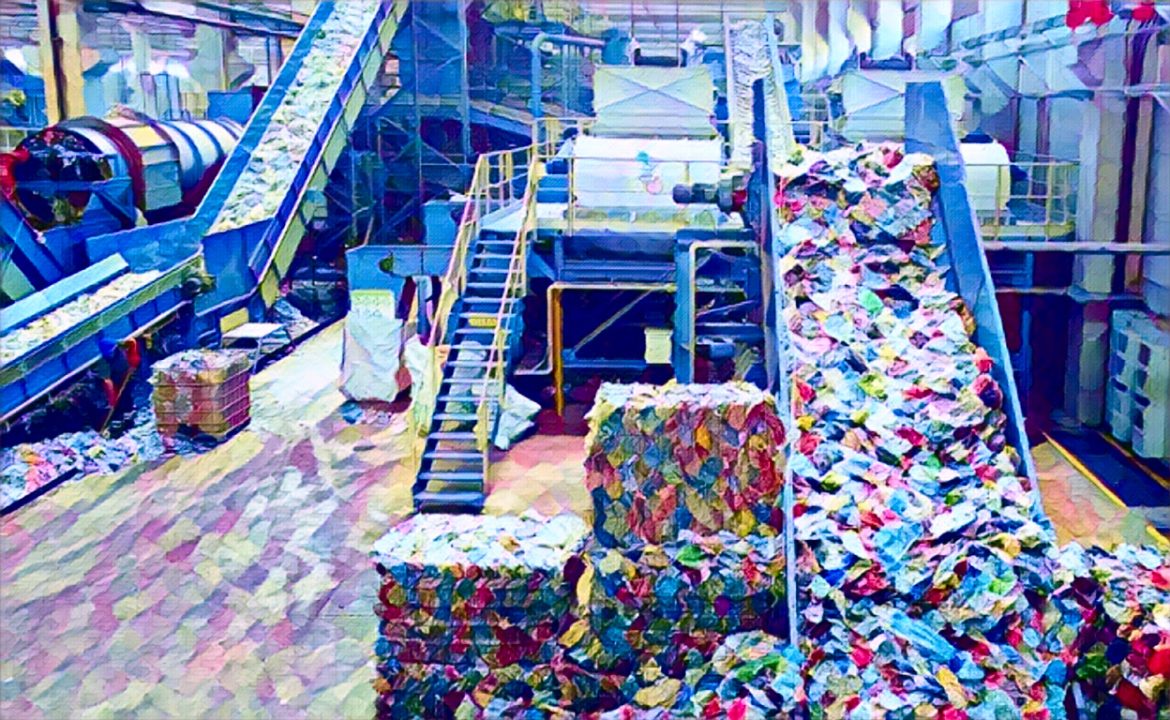Nevertheless, challenges continue to arise concerning recycling programmes in Nigeria.
How Recycling Programs Are Shaping Nigeria’s Future
Exploring how recycling programs are transforming Nigeria’s waste management landscape
751
Deficient transportation and disposal facilities are still a major concern and are even more evident in rural districts.
Despite the increasing number of recycling facilities in several regions, the capacity of many facilities is low resulting from fluctuations in the supply of wastes, and low public awareness on the value of recycling.
Additionally, financing remains a challenge, as many recycling programs rely on external funding or partnerships to remain viable.
To overcome these challenges, Nigeria must invest in expanding waste management infrastructure, particularly in underserved areas.
It is also suggested that participation at the grassroots level can be promoted by using several public awareness campaigns.
Another solution for scaling up proven interventions is to involve government, commercial players and NGO to support the uptake of improved practices.
This way, tax incentives or grants provided to businesses can increase investment in recycling divisions and take the industry a step forward.


